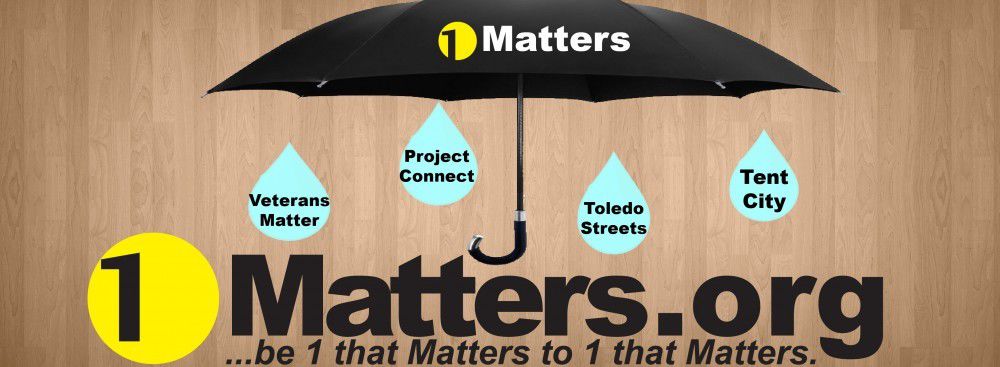Just imagine for a moment that you have no home.
What will you do for meals today? Where will you shower? Where will you sleep? If you have children, how will you provide for them?
And how will you cope with being homeless tomorrow, next week, next month?
Such imaginations are distressing, aren’t they?
Last winter, I lived one day in Baltimore as a homeless man trying to stay warm and fed. From street, to soup kitchen, to shelter I ventured.
I learned a lot that day about how rough it is to have no place to call your own. But later that night my experience as a homeless person ended. I got in my vehicle and headed for home.
But for 100 million people throughout the world, not having a home to go to each night is a hard, sad reality (61st session of the U.N. Commission on Human Rights). According to the National Coalition for the Homeless (www.nationalhomeless.org), 3.5 million Americans — 39 percent of which are children — have no place to call home.
Recently I spoke with Ken Leslie, a former homeless alcoholic and drug addict who is now a leading advocate for people who have no home. Based in Toledo, Ohio, Leslie founded 1Matters (www.1matters.org), an organization inviting each of us to “Be 1 that matters to 1 that matters.”
As their motto indicates, 1-on-1 relationships help break down homeless stereotypes and build community.
One major stereotype is the word “homeless” itself. Because the word “homeless” often conjures up negative images of people — which in most cases are completely untrue — Leslie prefers using the word “unhoused.”
A model project of 1Matters is “Tent City.” Every year on the last weekend of October, Tent City brings together doctors, nurses, medical students, social workers and more than 500 other caring souls to serve the unhoused.
Recently — Oct . 24-26, 2014 — Tent City celebrated its 25th anniversary. On Toledo’s Civic Center Mall, under several tents, approximately 1,000 unhoused and marginally housed fellow human beings received lots of love in the form of medical treatment, prescriptions, job and housing assistance, I.D. acquisition, haircuts, food, clothing, and commitment to follow-up care.
Another outstanding program of 1Matters is “Veterans Matter.”
According to the U.S. Department of Veterans Affairs, there are more than 49,000 homeless veterans on the streets of United States. And while many of them qualify for government rental assistance, they lack the upfront deposit needed to get an apartment. Veterans Matter has provided deposits for approximately 500 veterans to date in several states.
Everyone deserves a home. The social doctrine of the Catholic Church clearly teaches that safe, decent housing is a basic human right and that individuals, governments and society in general have a moral obligation to help end homelessness.
National Hunger and Homelessness Awareness Week — Nov. 15-23 — is an ideal time to get involved in helping to make a difference in the lives of unhoused people.
In the spirit of the Beatitudes: “Blessed are those who help the unhoused, for they shall find a home in heaven.”
To watch an inspiring video on Tent City, go to www.1matters.org/tentcity. I urge you to consider how a Tent City could be started in your town or city. You can contact Ken Leslie, [email protected], for more information. To help an unhoused veteran get off the street and into decent housing, make a donation at www.veteransmatter.org.
Tony Magliano is an internationally syndicated social justice and peace columnist. He is available to speak at diocesan or parish gatherings about Catholic social teaching. His keynote address, "Advancing the Kingdom of God in the 21st Century," has been well received by diocesan gatherings from Salt Lake City to Baltimore. Tony can be reached at [email protected].

